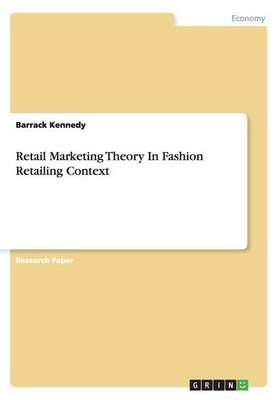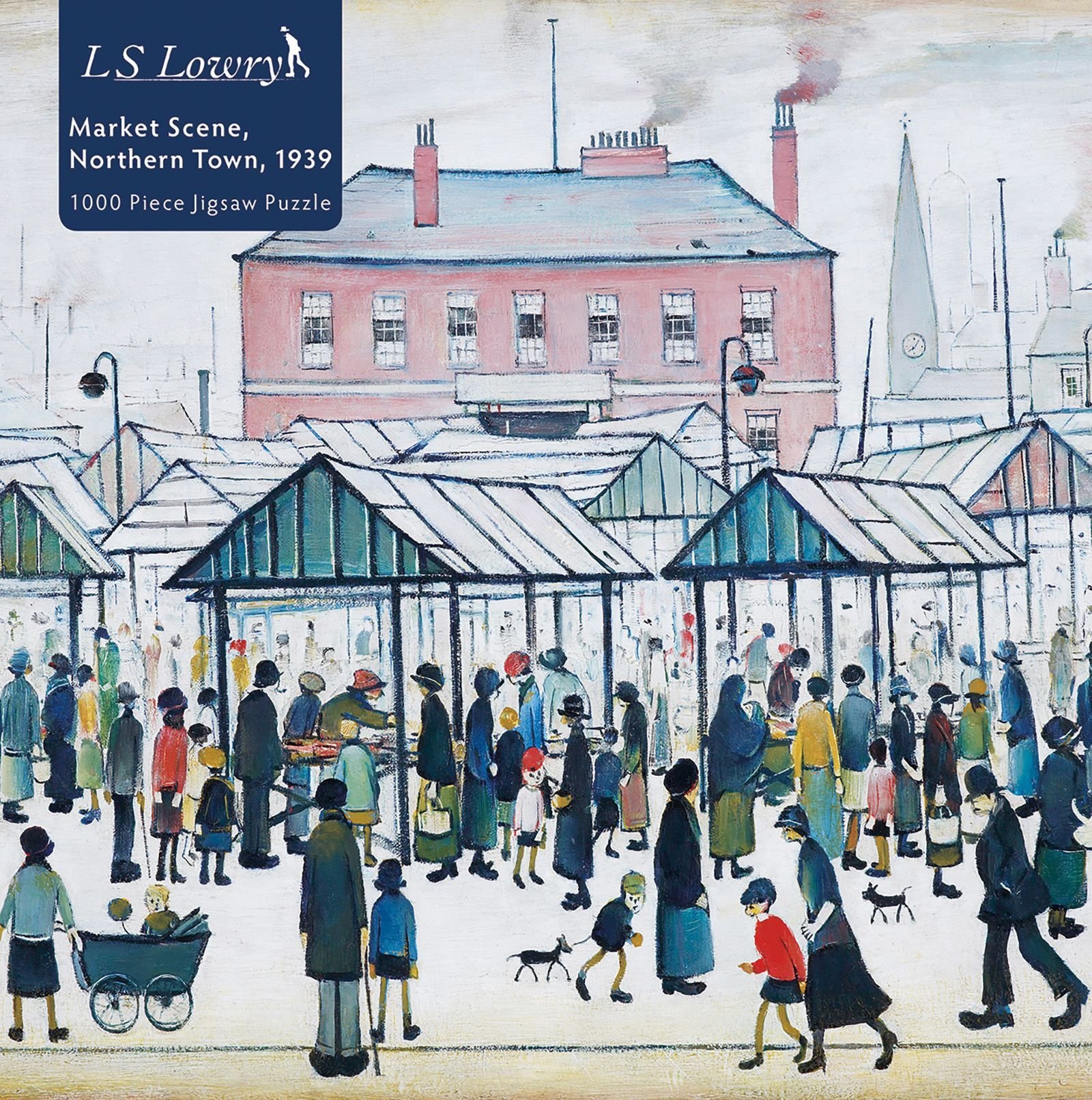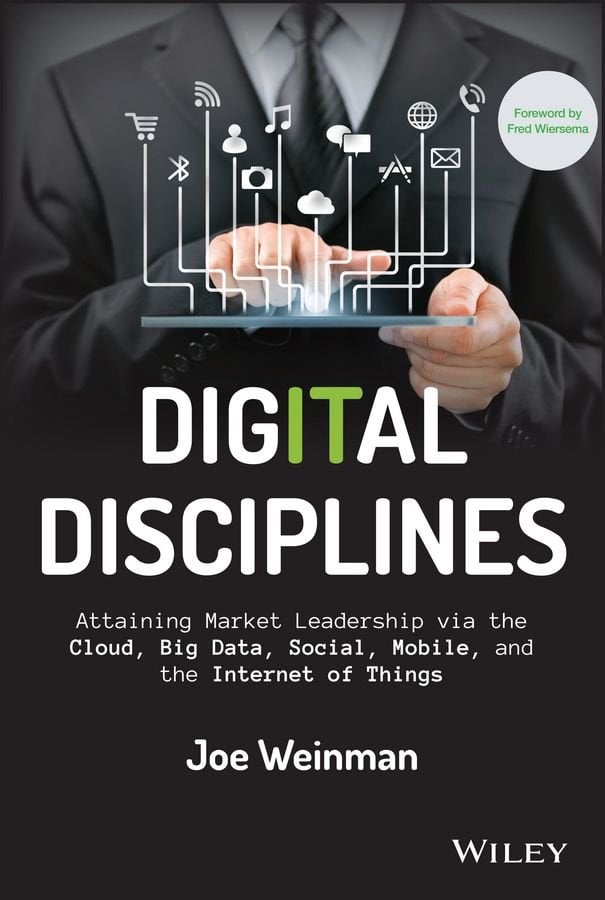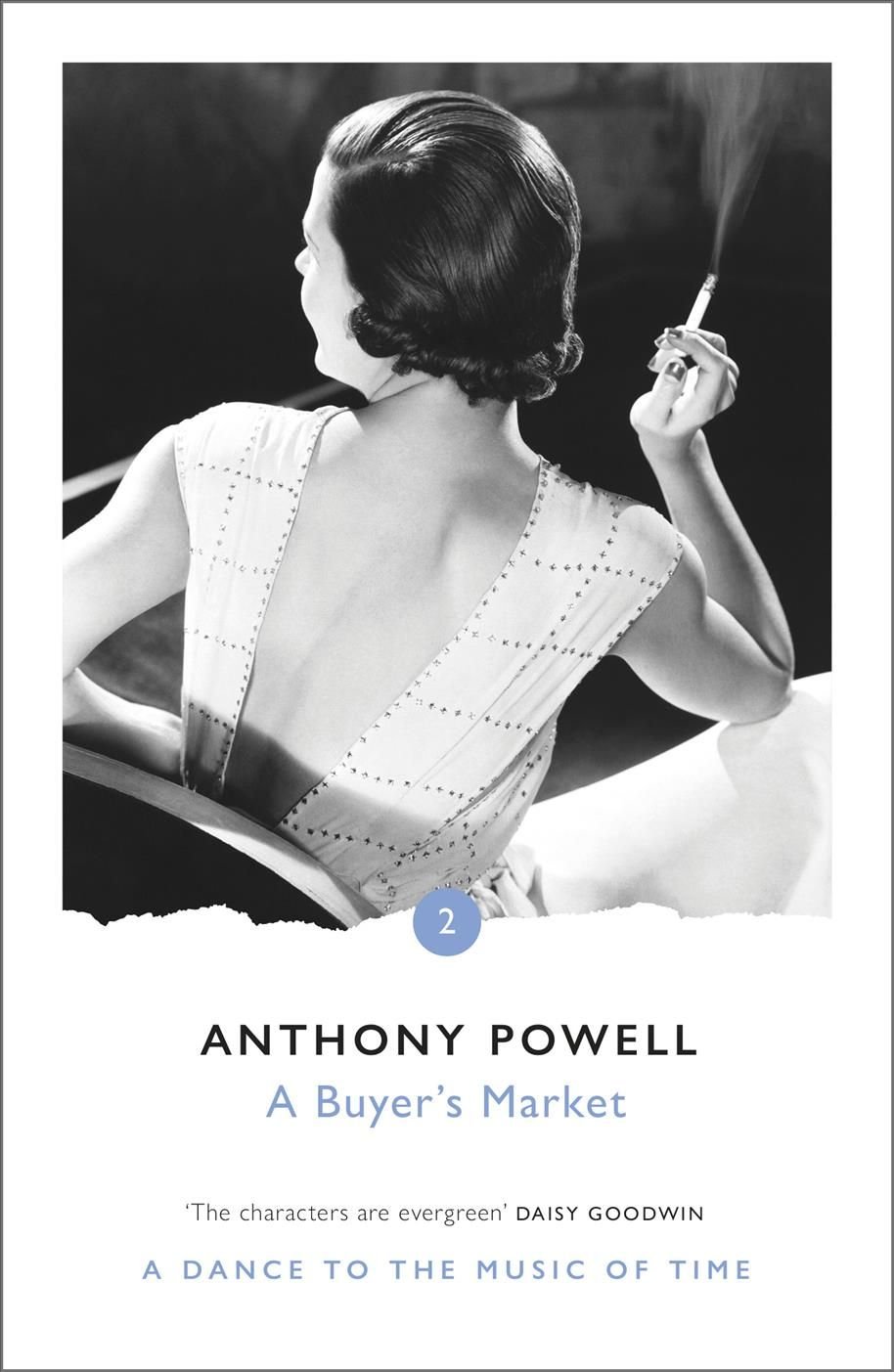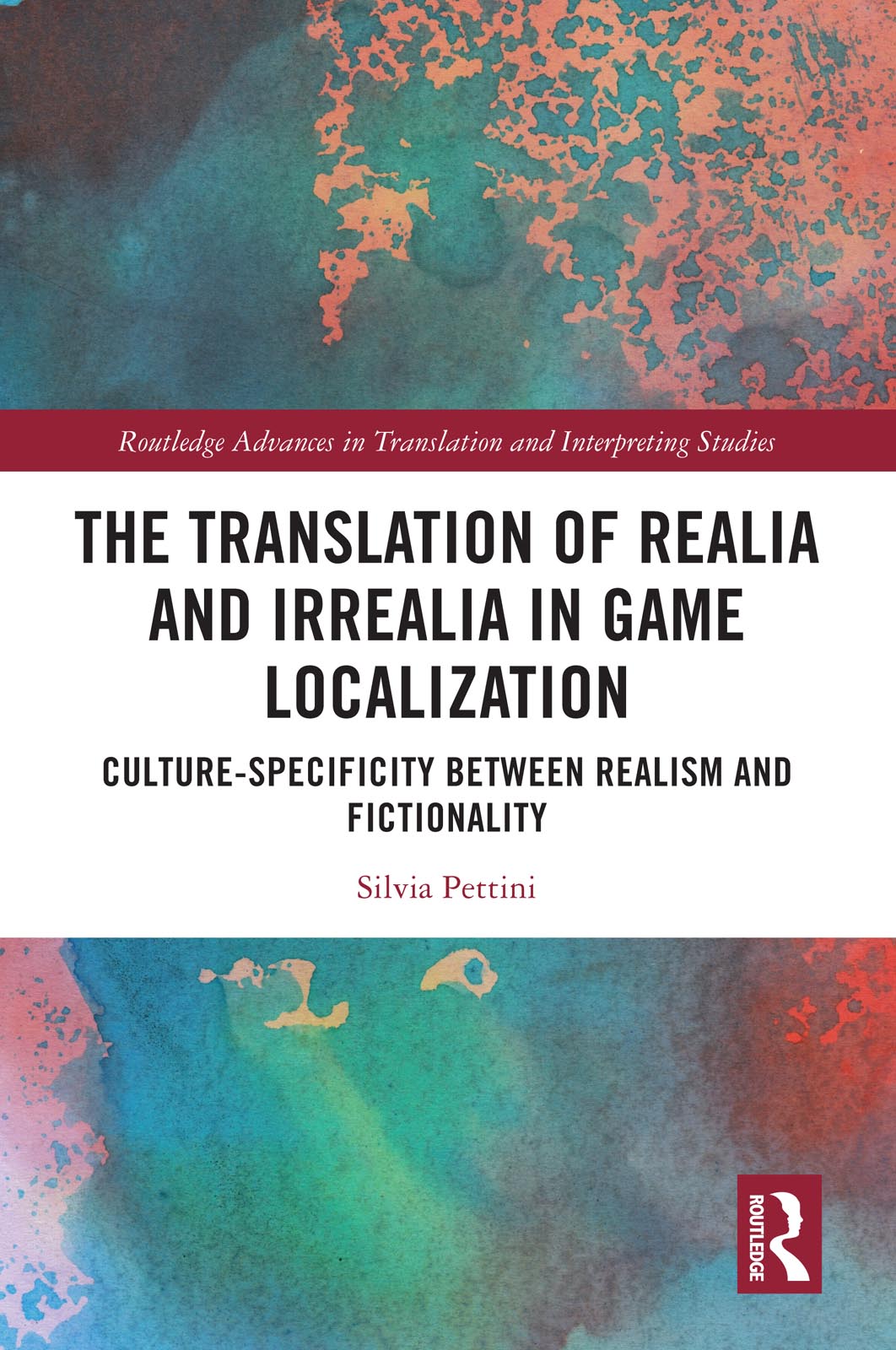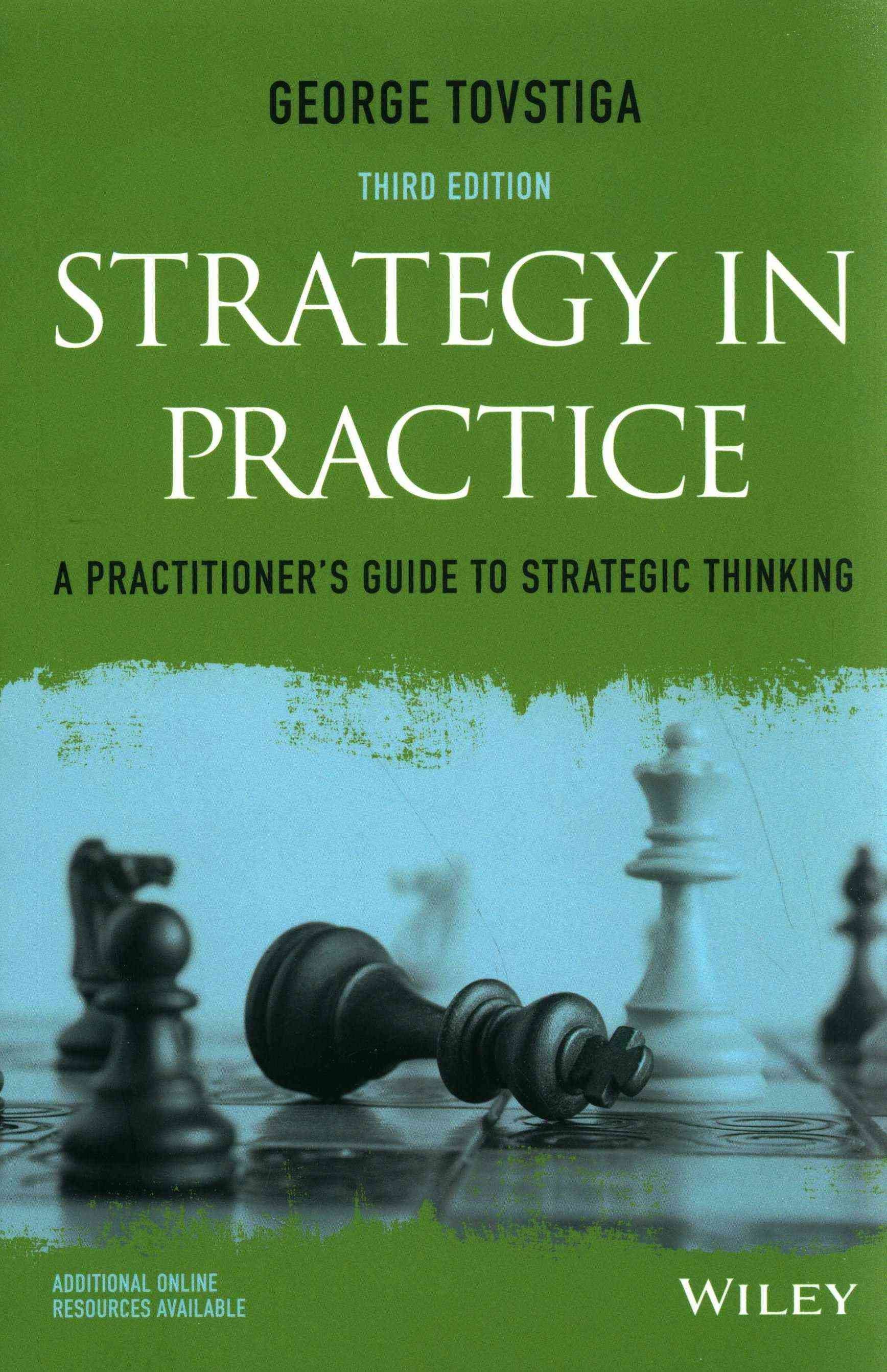Research Paper from the year 2013 in the subject Business economics - Marketing, Corporate Communication, CRM, Market Research, Social Media, grade: A, University of Massachusetts Boston, language: English, abstract: This paper aimed at reviewing some retail marketing theories and evaluating its applicability in increasingly narrowing contexts of fashion and fast fashion sectors. Retail marketing theories focus on attracting customers to different store forms and online sales. The retail mix should be the most suitable one to attract maximum customers to enhance revenue for the firm. Attracting customers involve efficient customer relationship management to win their trust and loyalty. Companies adopt several methods for this. In online marketing introduction and enhancement of virtual shopping experience will be useful. Success of retailing depends on service quality which makes customers satisfied. Repeated satisfaction will build loyalty to the firm. This is the aim of all firms. Frequent measurements and monitoring of service quality and customer satisfaction can lead to increasing loyal customers. Fashion is not a necessity. Its customers are fashion-conscious young generation of modern lifestyles. To be successful, firms need to understand changing fashion tastes and shopping behaviour of customers. Firms use many methods for this. Fast fashion involves rapid replacement of limited stocks with fresh fashions. The limited stocks are sold out fast resulting in large number of customers going away with unsatisfied demand. This is expected to trigger repeated visits. Unless repeated visits occur in large numbers, fast fashion will fail. Fat fashion firms can use retail marketing theories to achieve this. Zara is used as a real life example to demonstrate how retail marketing theories can be adapted to the context of fast fashion. Zara’s online sale has not picked up well. Zara needs to be cautious in its store formats to ensure that customers do not …
